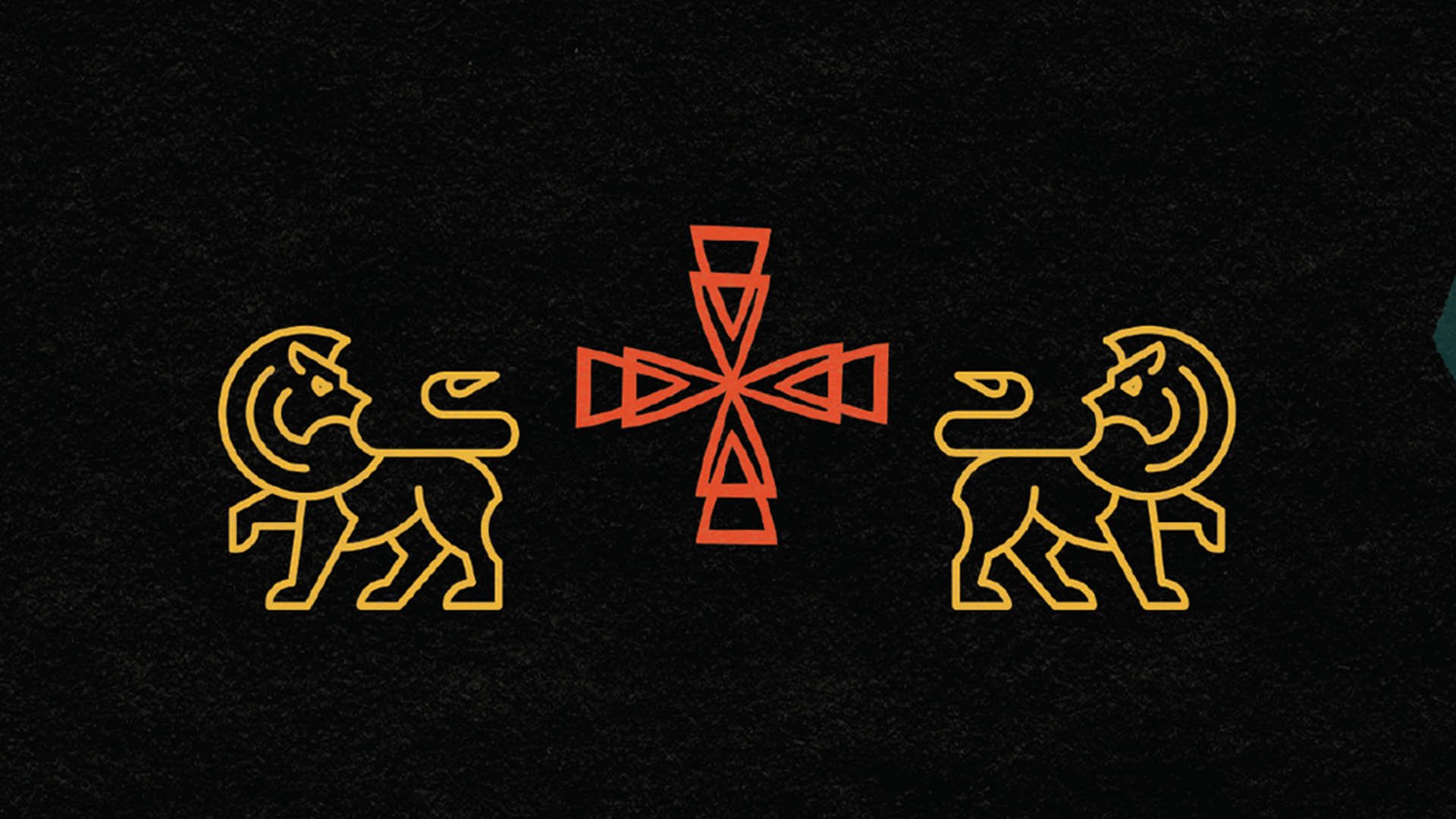Many religions picture the ultimate satisfaction of desire as some ultimate state of pleasure. The way some religions put it is if we fulfill certain religious obligations, then we’ll find ourselves in a paradise filled with an array of pleasures. But I’d like to suggest we are not ultimately designed for pleasure — and that pleasure seeking alone leads to our misery.
This is sometimes called the paradox of hedonism. We might be tempted to think the hedonist, or the pleasure-seeker, should be the happiest person around. After all, this person is constantly seeking and experiencing pleasure. But the reality is that this person is often the most miserable one around. This is because pleasure is always fleeting, and it often leaves us with greater desire and less satisfaction.
Parties aren’t supposed to last all day and every day. They are fun when they are rare and special; when every day is a party, we end up miserable. When we overdo any immediate pleasure, we are left longing for another hit of satisfaction. This is certainly true of addictive drugs and alcohol abuse. But this is also true of overdoing movie watching, video game playing, junk food, and so on.
The paradox, then, is that pleasure seeking is the best way to be miserable. It’s only when we don’t specifically seek pleasure that we may find it. We have to instead seek after worthy ends.
It’s worth pausing to catch the irony here: The best way to live a happy life is to make your life about something other than yourself. When we live selfishly, trying to make ourselves happy, we rarely succeed.
Jesus put it this way, “Whoever finds their life will lose it, and whoever loses their life for my sake will find it” (Matt 10:39). In the context of this passage, Jesus is speaking about the cost of discipleship. We often think we need to focus our lives on living happily or getting as much stuff (material or immaterial, wealth or success) as we can. But to live for ourselves is ultimately to lose our lives. This is because living for ourselves is hoping in this life only — putting all of our chips on this temporary existence instead of having eternal hope. In this way, we, like the pleasure-seeker, seek what’s relatively immediate. However, if we lose, or give, our life to something other than ourselves (that is, fully submit ourselves to Jesus), then we will find eternal hope. It’s the ultimate long game.
We need then to set our sights on the transcendent. If we are designed for something beyond this world, then we ought to set ourselves to finding our satisfaction with the only thing that can fill the infinite abyss, namely, the infinite God himself.
But we stand in our way of finding satisfaction and rest in God: There is something deeply wrong with us. Occasionally, someone might express the belief that people are, on the whole, good. However, with only a little prodding, most will admit that, despite the best intentions, everyone makes mistakes, some of which have terrible consequences. No matter how we try, what we do, this is true. Christianity is the only place to turn that actually addresses our human predicament.
Consider the fact that the human predicament we’re trying to address has to do with our inability to do right, on our own, in the first place. This, our moral depravity, is why the pleasures we seek do not satisfy. And again looking to ourselves, we Christians have so often fallen into the temptation of making our solution one of religious doings. We virtually make idols out of things like spiritual disciplines, church attendance, evangelistic efforts, and a host of other things we think earn us some degree of right standing with God. But if by our nature we could not live appropriately to begin with, even with good intentions, it seems highly unlikely that we will do better with a longer list of things to do.
This is not to say that all religious doings are in themselves wrong. Nor that religious works aren’t powerful or beneficial. Indeed, our faith is dead without them (James 2:17). The point is, rather, that even good works themselves don’t address our human condition. It is not what we do and how we perform that saves. If it was, then let’s face it, we would be in deep trouble.
The Christian gospel doesn’t tell us to stop being desperately sick and corrupt by performing a list of particular deeds. It in fact tells us to give up on this hopeless pursuit and be made right by the work of Christ, as we make him Lord.
Our restlessness, the abyss in our hearts, points to the existence of God, where our desire for the transcendent is truly satisfied. Not by our work and our doing — it’s only through his doing, that is, Christ’s work on the cross, that our human condition is addressed, as we surrender and place faith in him.
Adapted from Wandering Toward God by Travis McLane Dickinson. ©2022. Used by permission of InterVarsity Press. www.ivpress.com.





